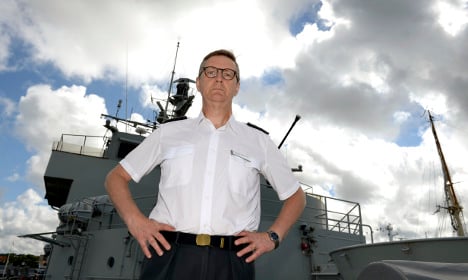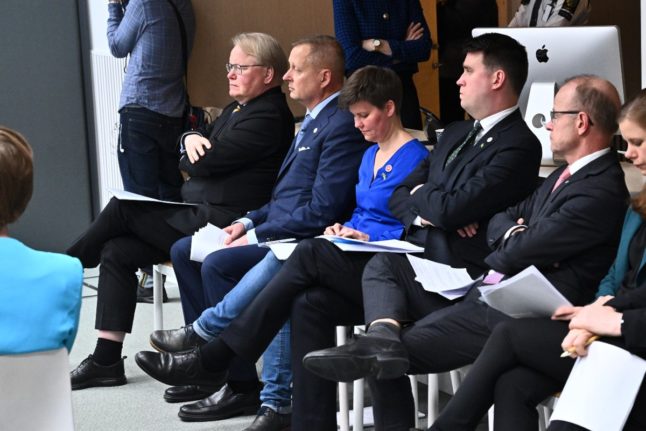“We know that Russia will benefit from and would like to see a split within the EU, and also Nato. It makes it easier for Russia to have an impact on their policies,” Major General Gunnar Karlson told news agency TT.
Karlson is the head of Must, a branch of the Swedish Armed Forces that is the main foreign intelligence agency in the country. It is tasked primarily with identifying security threats to Sweden's Armed Forces.
The military intelligence service, along with other Swedish security agencies, the Armed Forces and the country's government, have all in recent years reported increasingly aggressive Russian military action in the Baltic Sea.
It is thought in Sweden that the overall political landscape in Europe may now favour Moscow’s interest. Along with the likelihood of Britain’s withdrawal from the EU following the Brexit vote, the EU also has a divided relationship with Russia. Several countries are more Moscow-friendly than Brussels desires.
Karlson sees multiple advantages for Russia in a divided EU and Nato. One is that it can deal with EU countries from a position of strength.
“What Russia strives for is to make agreements with one country at a time, rather than having a discussion with a unified player like the EU, or Nato, which is much more difficult,” he said.
“They have the opportunity to use their influence in different areas and different countries if they are given the chance to talk with one country at a time.”
His superior, Swedish Defence Minister Peter Hultqvist, agreed that Russia wants to see an EU that is divided both militarily and politically, telling TT that Moscow is using “various methods to try and weaken Europe”.
At the same time, Hultqvist also highlighted Sweden’s extended military and security cooperation with Finland, Denmark, Poland, the Baltic countries, the UK and US in response.
“We are doing that in a very open and transparent manner. I therefore think we are taking the responsibility of stabilizing the situation,” he said.
Sweden has been uneasy about more assertive Russian behaviour in the Baltic region in recent years, including Russian planes skirting or violating the national airspace of neighbouring countries.
In May, the Riskdag voted through a so-called Host Nation Support Agreement with Nato which would allow the alliance to transport helicopters, aircraft and ships across Swedish territory, but only upon Sweden’s invitation.



 Please whitelist us to continue reading.
Please whitelist us to continue reading.